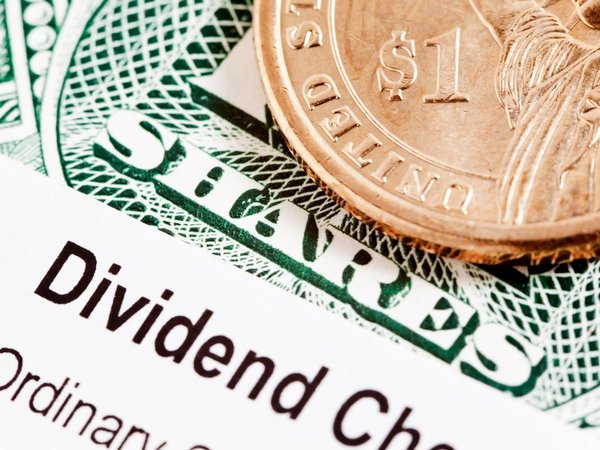“You know what really makes me happy? “Seeing my dividends come in.” These words belong to John D. Rockefeller, and many investors subscribe to them. But some believe that dividend companies are best avoided. Why so – told Financial One.
1. The investor does not want to receive regular income
If you’re not interested in having small (or large) cash payouts appear regularly in your brokerage account, avoid stocks that pay dividends. If you are of the opinion that you don’t know what to do with that money, here are some ideas.
- Pay off all the debts you have.
- Let the dividend payments accumulate in your account until you find a stock you’re ready to buy.
- Find out if your broker can automatically reinvest dividends.
Don’t take these dividend payments for granted. If you have a portfolio worth about $400k with a total average dividend yield of, say, 3%, you could get about $12k a year or about $1k a month.
2. The investor does not like the stability of the dividend company
‘s business
Maybe you avoid companies that pay dividends because you think they are mostly boring old players who are unlikely to grow quickly. But it’s important to understand that many fast-growing companies pay dividends these days, and even if they aren’t very large, the payouts can grow at a decent rate.
For example, Starbucks (SBUX) pays a dividend that recently yielded 1.7%, and the company continues to be a fast-growing player, with fourth-quarter net income up 31% year-over-year. In addition, Starbucks opened 538 new coffee shops. At the same time, over the past five years, the company has increased dividends by an average of 14% per year. Over the past decade, the value of its shares has increased more than five times, with an average growth of 20.3% per year.
Think twice before avoiding dividend-paying companies because of low expectations.
3. The investor does not want to keep pace with inflation
One of the many great things about dividend companies is that they can help you keep pace with or even beat inflation. This is very important because inflation can seriously reduce the value of savings over time.
Inflation has averaged around 3% for a long time, but sometimes it is very high, even double digits. Even if it averages 3%, this is enough to halve the purchasing power of your money in 25 years.
Since dividend payments typically increase over time, as long as dividend-paying companies remain healthy and growing, their purchasing power is unlikely to diminish. Many companies increase their payouts by an average of 5%, 10% or more per year.
Other points to consider
As you can see, the above three reasons to avoid dividend paying companies are not serious. What investor would give up stable income or want to catch up with inflation?
Here are a few more points to consider.
- Dividends are not guaranteed. The truth is that the payment of dividends is not guaranteed. Indeed, if a company is in trouble, it can reduce, suspend or even cancel payments, as many players have done. However, companies are trying their best to avoid this, and you can often see trouble coming in advance.
- Growth stocks can show impressive results. It’s true that many growth stocks will grow much faster than dividend-paying companies, but you shouldn’t discount the latter. Many technology companies, biotechs and other companies in fast-growing industries pay dividends. And remember that “boring” small companies like paint specialists can easily grow faster than some big-name players.
In general, there are more good reasons to buy dividend-paying stocks than there are good reasons to avoid them. It’s always good to maintain a healthy balance in your portfolio, so it can include both dividend and non-paying companies, as well as growth and value stocks.








